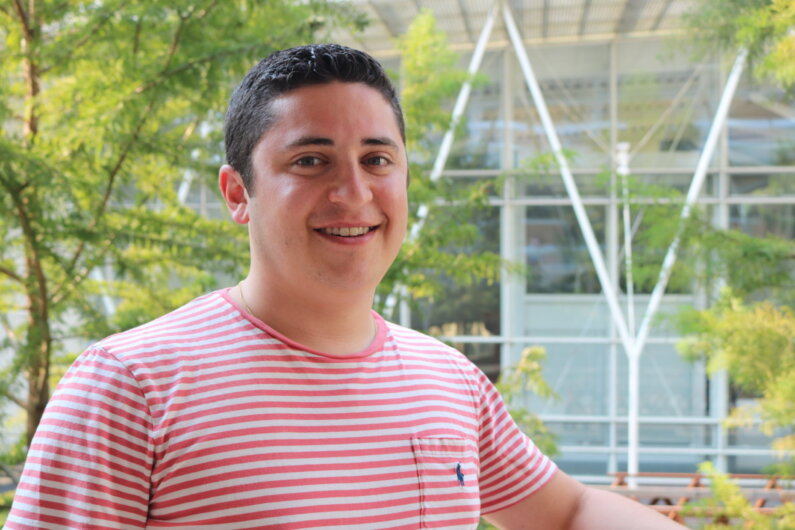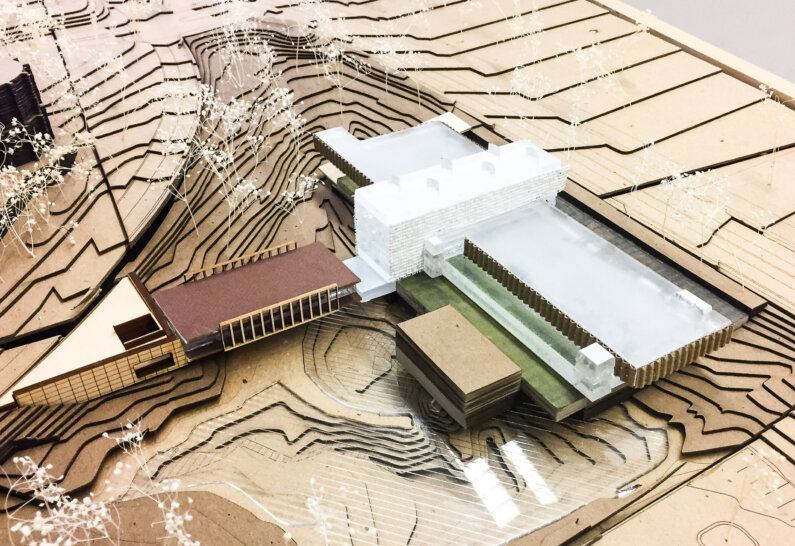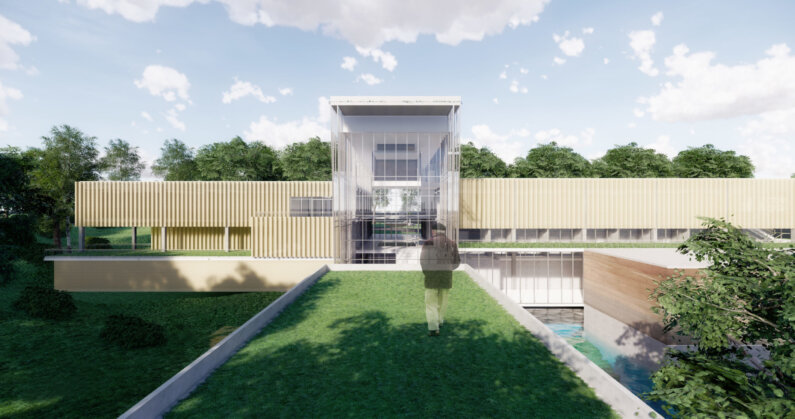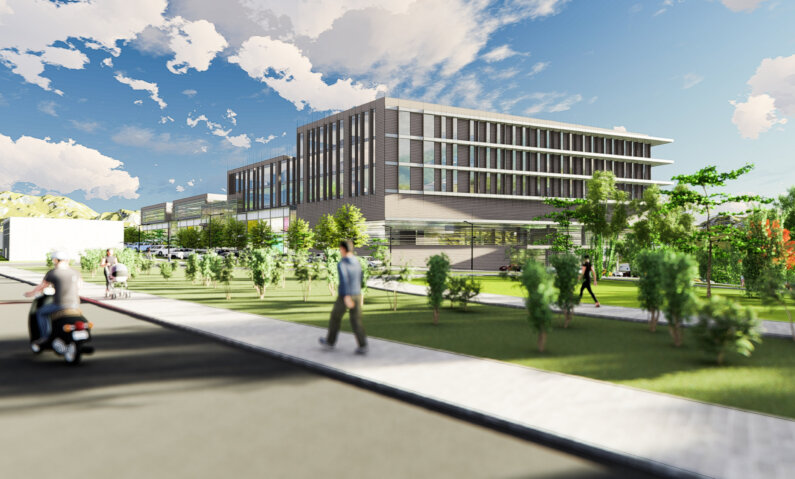Where are you from?
Yorktown Heights, NY
What is your degree, and what institution is it from?
Bachelor of Science in Biomedical Engineering from the University of Rochester (2013), and Master of Architecture from Clemson University (Architecture and Health Program, 2019)
Why is healthcare design so important to you?
I believe that we are constantly striving towards a better, happier, healthier future, however challenging that path may be. To me, all design is, and must be, healthcare design.
Architects have the skill set and agency to shape society, and therefore the duty to do so. I wish to be part of the upcoming generation of designers who own this challenge. I am interested in the design of environments for health because I see their inherent power in shaping our quality of life, both individually and collectively, physically, emotionally, spiritually, and civically.
Why did you want to pursue a career in healthcare design?
Few building typologies have more critical a mission or more room for improvement than those dedicated to the provision of healthcare. I wish to pursue a career in healthcare design because this is a building typology that must be reclaimed, reimagined, and redeveloped.
As a biomedical engineer, I tend to see the world in patterns and systems, but as a designer, I crave intrigue and beauty. The combination of these rational and emotional points of view is something I hope to bring to the discourse of healthcare design.
What was it about the E. Todd Wheeler Health Fellowship that attracted you?
I was drawn to the E. Todd Wheeler Health Fellowship for the opportunities it provides to engage in research and practice simultaneously. Of greatest value to me is the intellectual capital at the firm. Perkins&Will is at the vanguard of sustainable and regenerative healthcare design, and my interests in mixed-use wellness districts and healthcare campuses align strongly with this thinking.
Owing from my initial education as an engineer, I default to a mindset of analysis and rigor. While these qualities suit me well for research, I also have a desire to be “on the front lines” of design thinking. Given the incredible portfolio of work and depth of experience at Perkins&Will, I know that this fellowship will help me grow into a versatile designer equally capable of conducting research, programming and planning, and designing.
What does it mean to you, personally, to have been selected as an inaugural health fellow at our firm?
I am honored to be an inaugural fellow and hope to use the opportunity to help shape and define its future. I hope to become an alumnus of a fellowship which produces thought leaders, and hope I can contribute towards this goal.
What do you hope to learn from the experience?
I see healthcare through a community lens, rather than through a building lens. I am interested in projects which acknowledge health from this broadened perspective, and I am excited at the prospect of working on large scale, complex masterplanning projects which incorporate non-conventional programmatic elements. Enriching the urbanistic qualities of healthcare campuses with programs like food pharmacies, weekend markets, gardens, education centers, athletic centers, commercial and retail zones, etc., advances a proactive approach to health which seeks the upstream causes of wellness, rather than the downstream responses to sickness.
I am intensely interested in researching the intersection of community health and the built environment. I want to know what types of programs provide the greatest benefits to their local contexts, and how to craft compelling arguments for their inclusion.
In which Perkins&Will studio will you be doing your fellowship?
I will have the privilege of spending the first half of the fellowship working with the Chicago studio, and the second half with the Atlanta studio.
When you’re not designing healthcare projects, what do you do in your spare time?
More than just about anything, I love to eat and try new foods. But for the time spent between meals, I enjoy playing tennis, going to the movies, and slipping into the rabbit hole of ArchDaily. I’m also a huge fan of Game of Thrones, and am so sad it’s over.
What do you hope to do, see, or experience in the city where your fellowship is taking place?
Regarding Chicago, I’m incredibly excited to experience such an historic, complex, and culturally rich city. From Wright to Van der Rohe, there is so much architecture to explore, so many restaurants to try, and so many summer festivals and events to attend. This summer is also the 3rd Chicago Architecture Biennial, which is sure to be fascinating.
With respect to Atlanta, I’m looking forward to working in the Art District on Peachtree, across from Richard Meier’s iconic High Museum of Art. I think Atlanta is an emerging American city, and I am greatly looking forward to seeing the renaissance in person.



